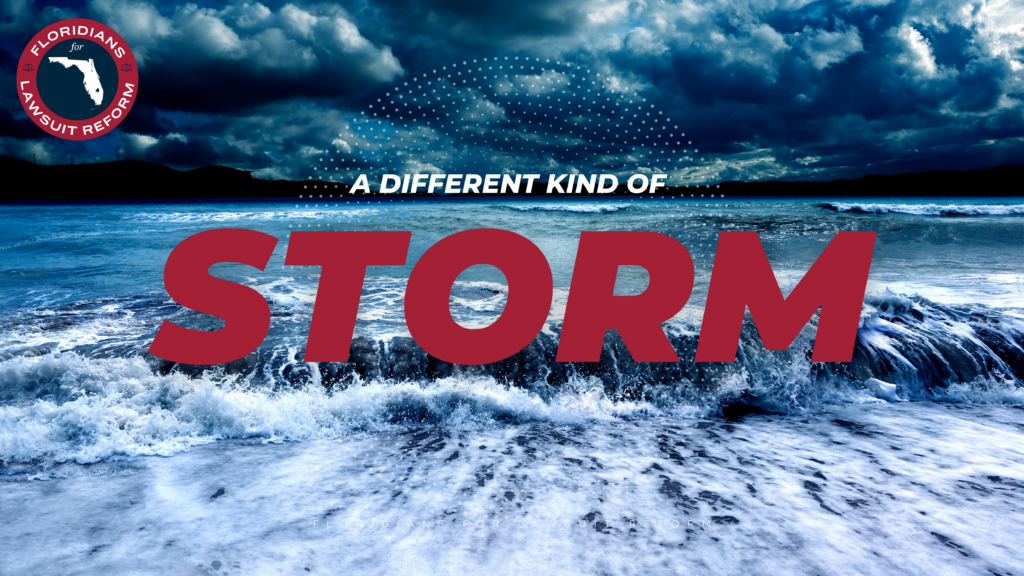
Good afternoon,
While many along the Gulf Coast are beginning to prepare for the 2023 Atlantic hurricane season, which begins June 1 and runs through Nov. 30, Florida’s property insurance policyholders are already feeling the impact of a different kind of storm. Following United Property & Casualty Insurance Co.’s (UPC) insolvency in February 2023, the Florida Insurance Guaranty Association (FIGA) has stepped in to cover more than 20,000 open Hurricane Ian claims left behind by the now-defunct insurer.
However, this will result in a 1% emergency assessment added to the premium renewal bills of Sunshine State residents with property insurance starting Oct. 1, 2023, effectively imposing a tax due to years of legal system abuse and claim fraud schemes. This is FIGA’s first emergency assessment since seven insurers failed shortly after Hurricane Andrew struck South Florida as a Category 5 storm in 1992. Contributing to UPC’s demise were the exorbitant costs of frivolous and fraudulent litigation that spiraled out of control in Florida over the past few years. Although the state’s Legislature recently passed historic tort reform to address the issue, the market’s problems won’t magically disappear.
The reforms will undoubtedly have long-term benefits to the state’s troubled insurance market, but there is still a great deal of frivolous litigation impacting insurers in the present that must be handled before consumers reap the benefits of a stable environment.
Until then, the situation could get worse, as the state-backed insurer of last resort, Citizens Property Insurance Corp., is also facing significant financial challenges due to its increased risk exposure. If Citizens were to deplete its reserves due to heavy storm losses, all Florida consumers would be on the hook to replenish its funds through multi-year premium surcharges on property and auto insurance bills.
This is commonly referred to as a “hurricane tax.”
This predicament highlights the perils of government-run entities entering the high-risk arena of insurance coverage. Politically motivated decision-making, such as offering coverage at rates that are not actuarially sound, ultimately fails in the marketplace and shifts the financial burden onto everyone. It’s important to find a balance between serving the insurance needs of consumers and ensuring the financial stability of insurance companies. This is true in Florida and other states that have enacted Fair Access to Insurance Requirements (FAIR) Plans.
Now is the time for stakeholders to work together to ensure that Florida’s insurance market is protected from expensive frivolous litigation, creating a stable and accessible insurance market for all.
For further reading on social inflation and its impact, visit iii.org
